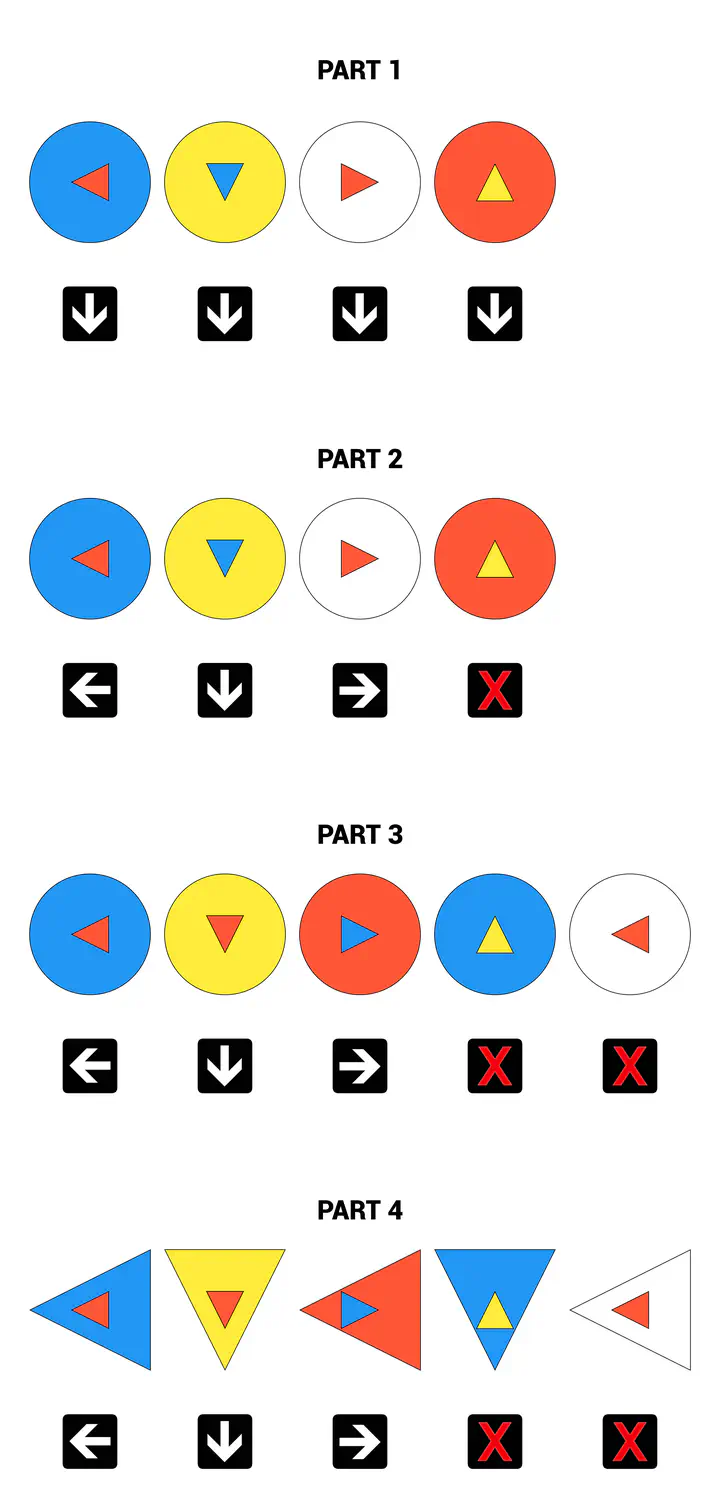The heart of cognitive control: Cardiac phase modulates processing speed and inhibition

Abstract
Bodily states are heavily intertwined with cognitive processes. A prominent communication channel between bodily signals and brain structures is provided by baroreceptors. Their phasic activity associated with the cardiac phase has been shown to modulate cognitive control in socio‐emotional contexts. However, whether this effect is specific to the affective dimension or impacts general cognitive control processes remains controversial. The aim of the present study is to investigate the effect of cardiac phase on different facets of cognitive control. We built a nonemotional cognitive control task to delineate mechanisms such as processing speed, response selection, response inhibition, and conflict monitoring. We showed that the systole (after the blood is ejected from the heart), compared to the diastole, was related to faster responses. Moreover, the cardiac phase dynamics also impacted response inhibition, with an increased probability of failure toward the middle of the course of systole. Although the reported effects were small in terms of magnitude, they highlight the influence of bodily states on abstract cognitive processes.